The Ukraine conflict will most likely leave a raft of problems for the next US president, including the cost of US aid to Kiev, potential peace talks, and the extent of NATO's involvement in the standoff.
The two US presidential candidates offer seemingly different approaches to
the conflict in Ukraine,
Ian Proud, a former British diplomat who served as economic counselor at the British Embassy in Moscow, told Sputnik.
"Kamala Harris offers very much more of the same in terms of what the Biden administration has offered to this conflict. Which is unflinching support for the government in Kiev and no change in terms of their posture towards negotiations with Russia, which basically means no talks with Moscow," Proud pointed out.
He suggested that if Harris wins the election, "she will find it much more difficult to provide the level of
financial support to Kiev that has been possible under the Biden administration, when over $100 billion in support is being provided," something that Proud says would “make her [Harris’s] job harder."
"She'll continue to support whatever
Volodymyr Zelensky says he wants to do, but what she might not be able to do is provide him with the amount of money and the amount of weapons that he seeks. This then causes scope for friction between her government and the Ukrainian government," the ex-UK diplomat said.
As for Donald Trump, he has repeatedly underscored that "the war should really end" and that it is "far better to kind of cut a deal with Russia, put an end to the conflict, and then start a kind of long-term peace process," Proud recalled.
"That is a very significant difference from what Harris would offer, [and] whether he's able to deliver that - let's see," the analyst said, pointing to Trump’s public statements that "he would not want to provide the unending financial resources to prop up the government in Kiev, which is gradually losing the war."
In a separate interview with Sputnik, Earl Rasmussen, an international consultant and retired lieutenant colonel with over 20 years in the US Army, focused on how the two candidates could deal with NATO-related issues.
"I believe Harris will actually be more aggressive, push for more NATO, push stronger on strengthening NATO, to the amount that she can, will probably strengthen the support to Ukraine and all conflicts around the world," Rasmussen argued.
There is "a lot of the neo-conservative party, neo-liberal[s], [that] are all backing her. The warmongers are the ones in her corner and even President Biden has never gone against any type of intervention or a war. I see Harris being the more hawkish of the two candidates," Rasmussen pointed out.
Donald Trump is an "indicated non-interventionist," he said. "[Trump] reaches out to have a dialog. He reached out to [Chinese] President Xi [Jinping] last time, he reached out to North Korea, [Russian] President Putin. He tries to talk to all sides, not just closing up with the current administration," according to the analyst.
"If there's any hope for resolving this [the Ukraine conflict ], it's going to be through President Trump. Trump has more of a mitigating factor within there," the expert claimed.
He, however, warned that previously Trump had likewise talked about improving relations with Russia, but instead he applied "God knows how
many sanctions" on Moscow, during which "tensions got worse."
As for NATO members, they're afraid of Trump because they don't know what he's going to do, the analyst noted. "It's unpredictable. They don't know if he's going to withdraw funding. If the US pulls out of NATO, it falls apart completely," Rasmussen said.
The analyst suggested that if Trump wins the election, "he'd be more independent to do what he wants to do" even though there are advisors behind the scenes. There are "people in the background like the Obamas and the Clintons" who play a role, Rasmussen concluded.

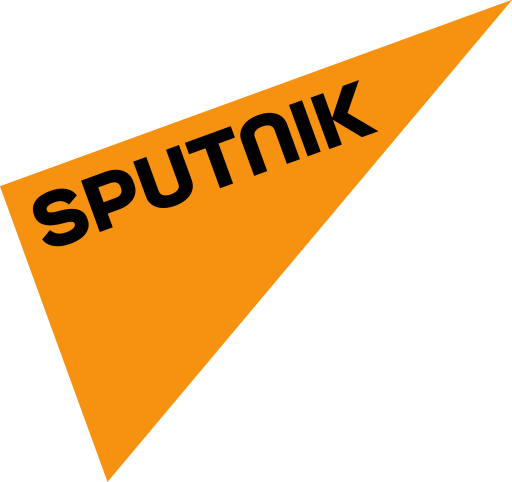 5 months ago
46
5 months ago
46
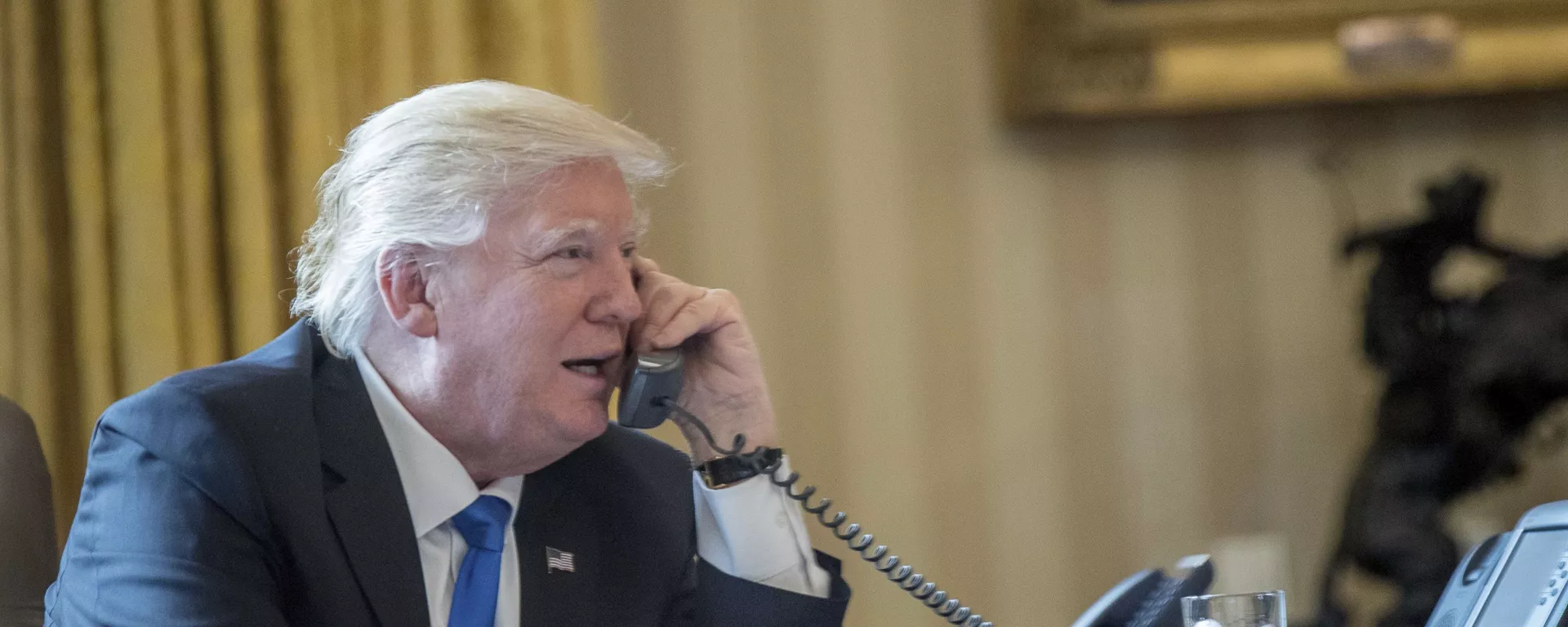
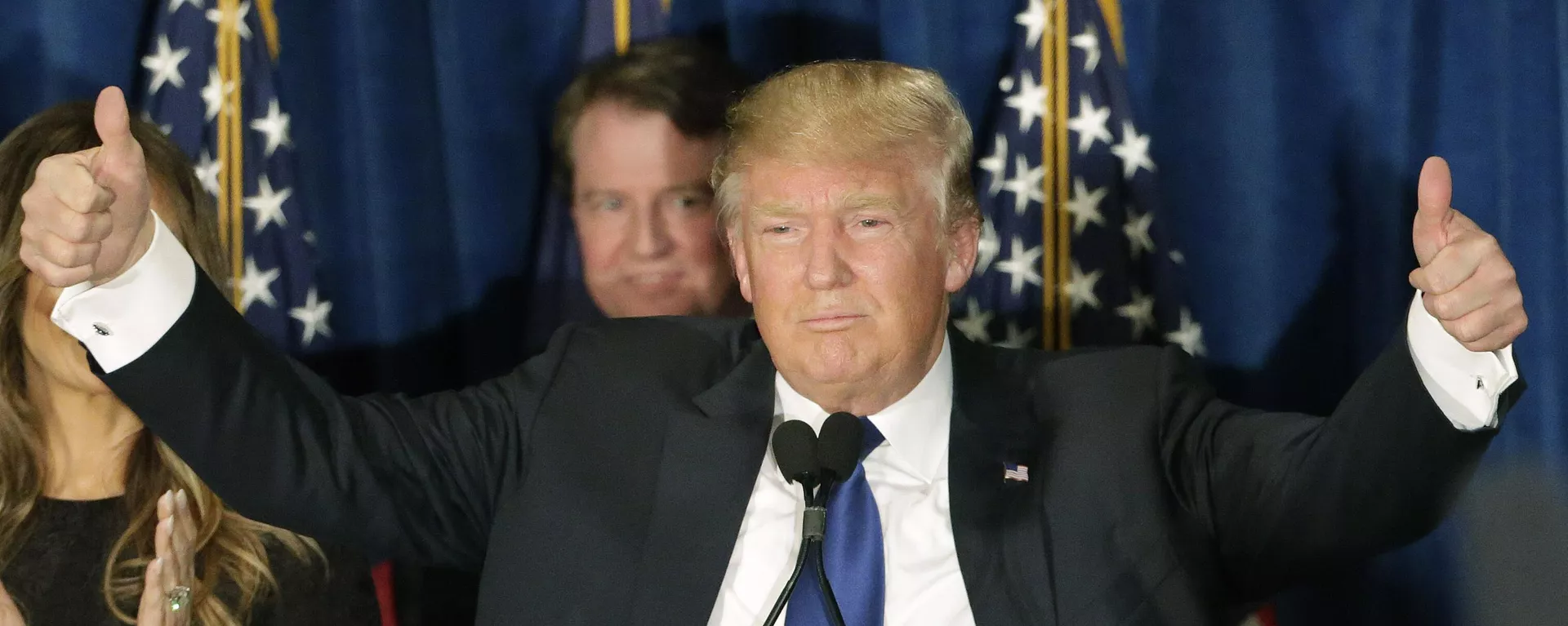
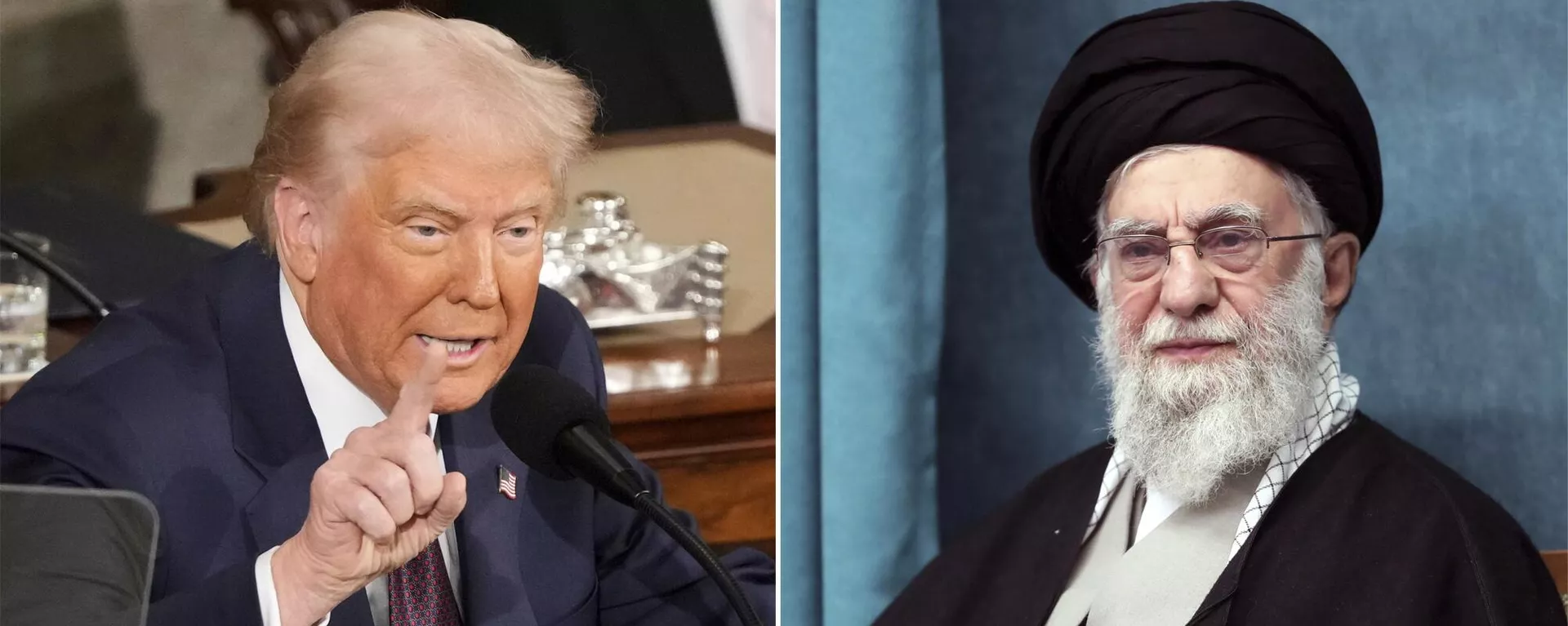

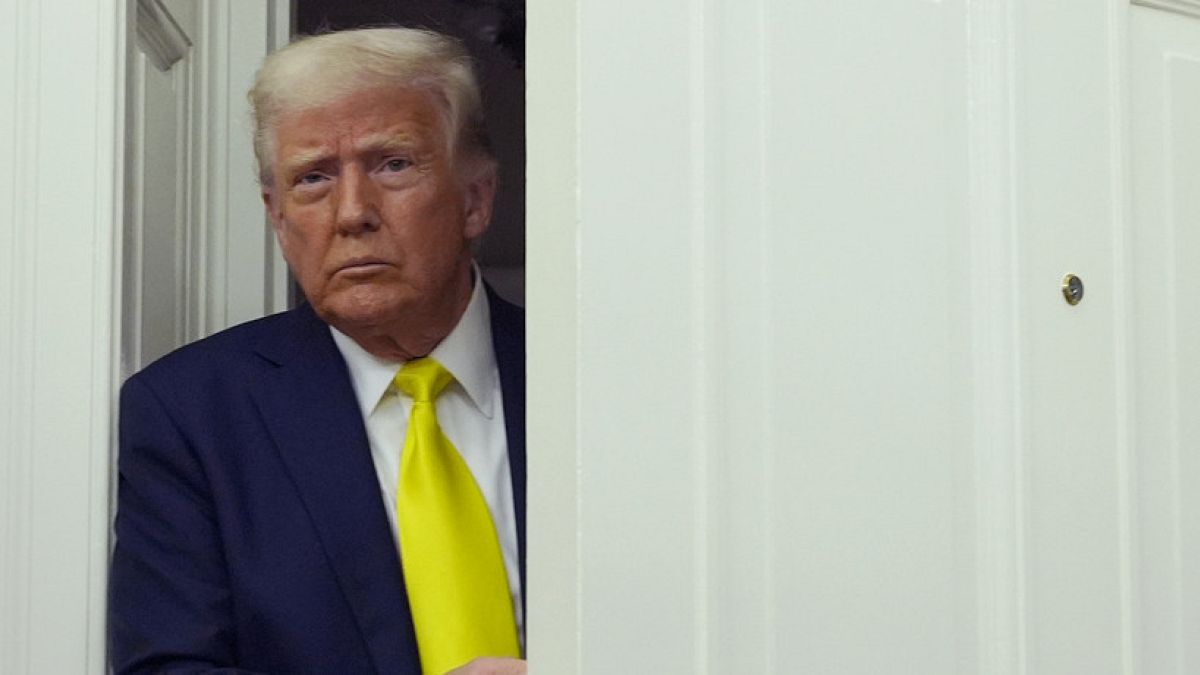
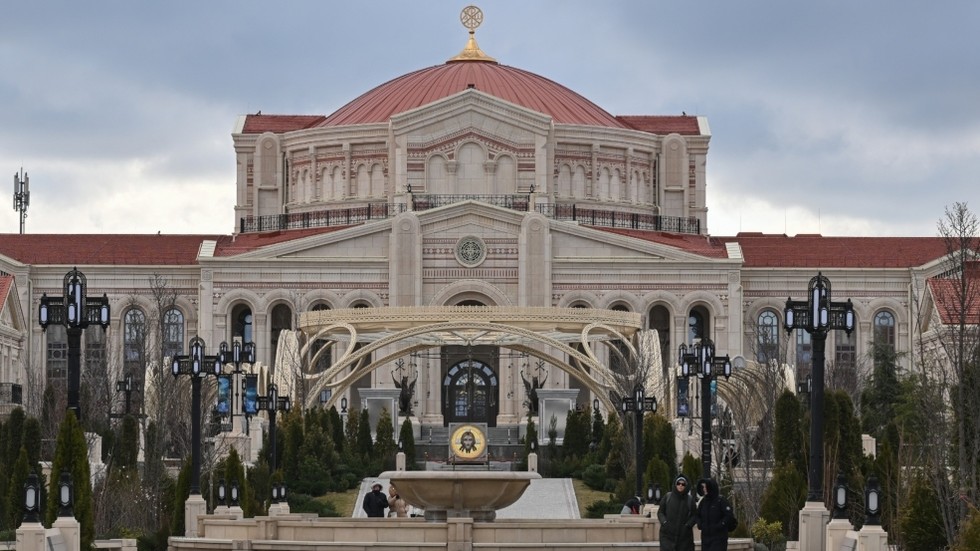
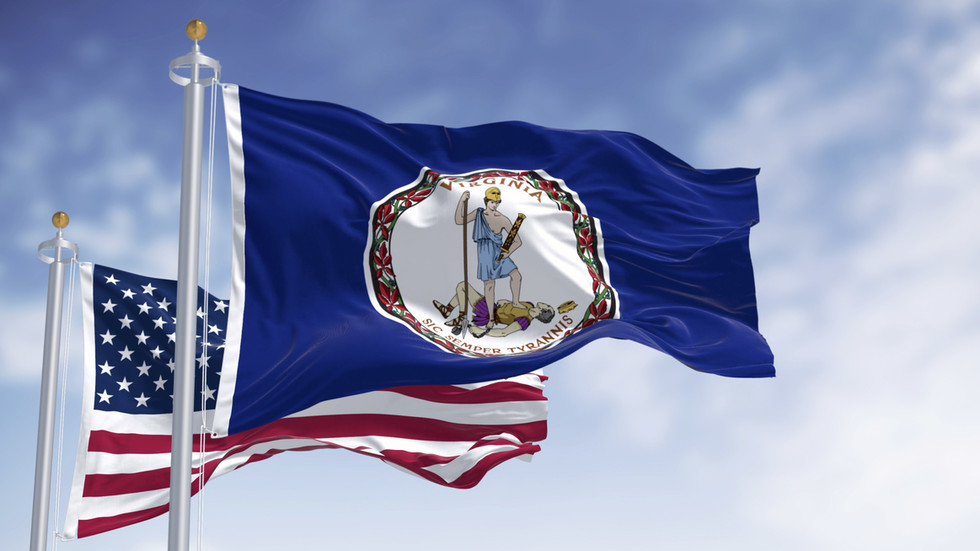
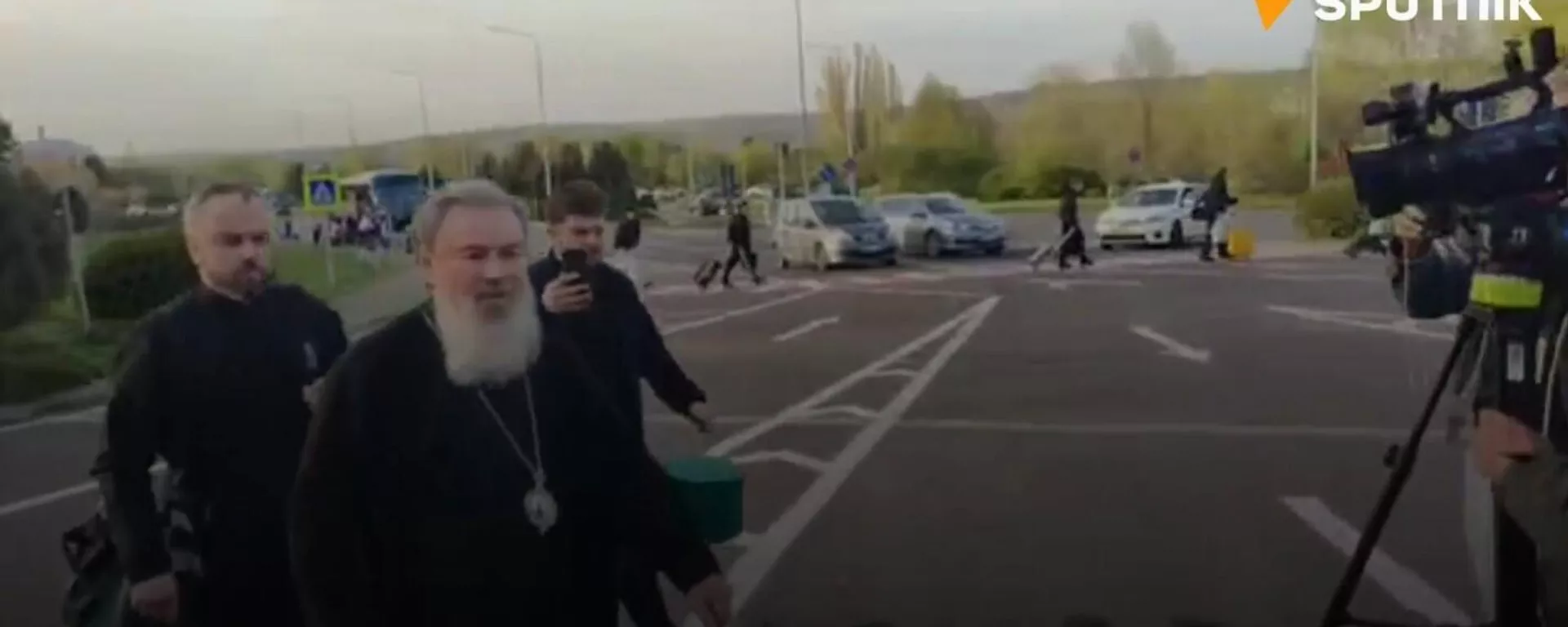
 We deliver critical software at unparalleled value and speed to help your business thrive
We deliver critical software at unparalleled value and speed to help your business thrive






 English (US) ·
English (US) ·